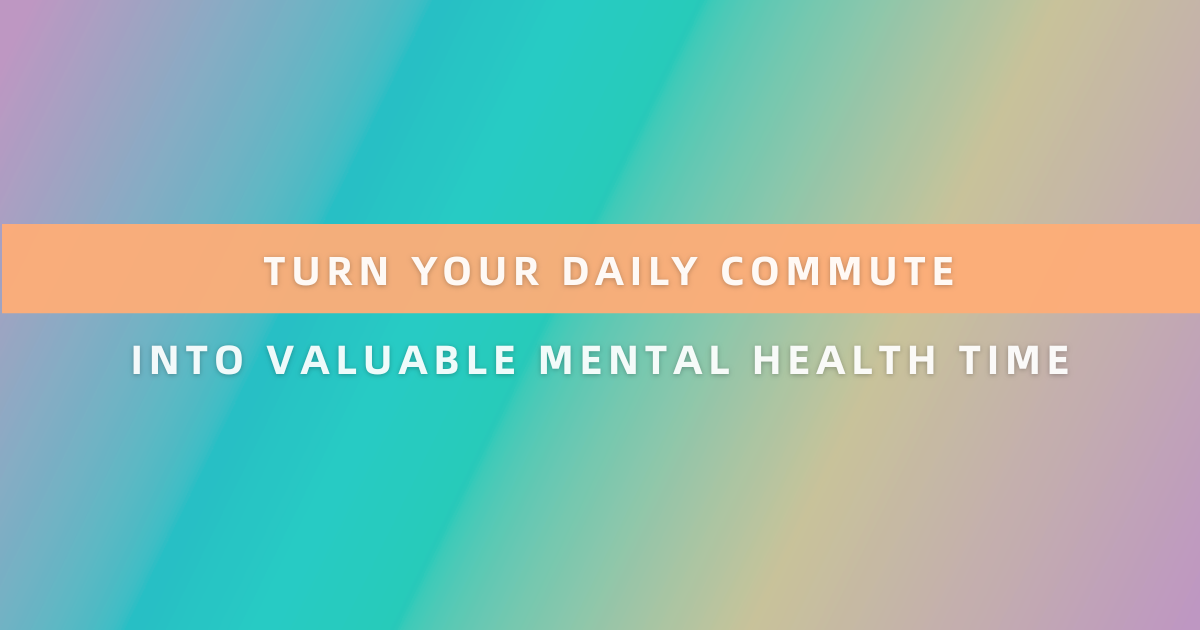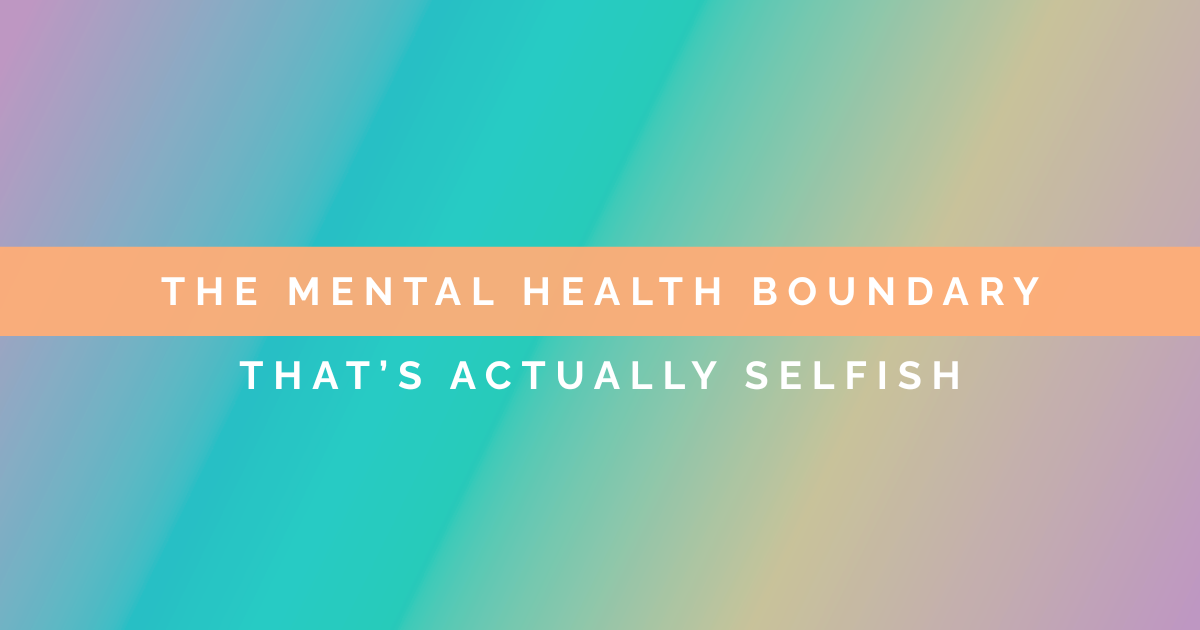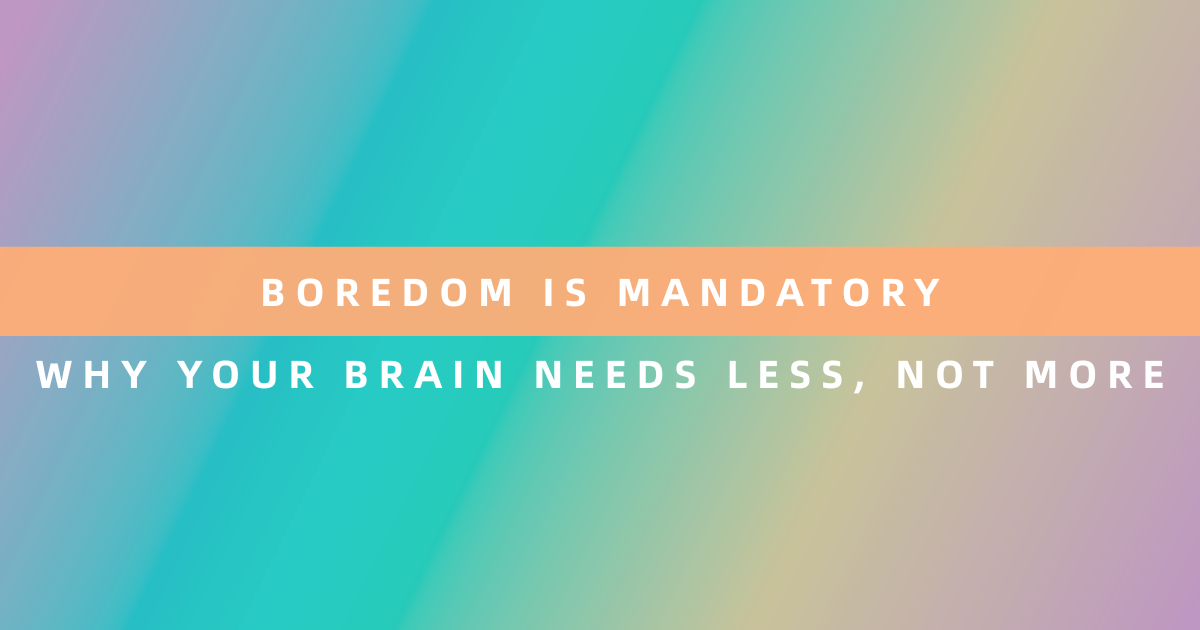For many professionals, commuting represents lost time, mounting frustration, and a daily dose of anxiety that sets a negative tone before even reaching the office. But what if those transit hours could become your most valuable mental health investment of the day?
The Commute Crisis: More Than Just Wasted Time
Commuting takes a measurable toll on mental health. Research shows that people with commutes longer than 30 minutes experience higher rates of stress, anxiety, and depression. The average American spends 54 minutes daily commuting, totaling 220 hours annually spent sitting in traffic or on public transit.
The psychological impact extends beyond time lost. Commuters report:
- – Increased cortisol levels that persist throughout the day
- – Reduced job satisfaction regardless of actual work conditions
- – Higher rates of relationship strain and family conflict
- – Physical symptoms, including headaches, back pain, and digestive issues
- – Decreased overall life satisfaction scores
Public transit commuters face unique stressors, including unpredictable delays, crowded conditions, a lack of personal space, and exposure to the behaviors of others. Drivers deal with road rage, accident anxiety, parking costs, and the mental drain of constant vigilance.
Yet this daily journey, often viewed as time stolen from more meaningful activities, holds untapped potential. The very predictability and structure of commuting create an ideal framework for mental health practices. The key lies in shifting perspective from enduring the commute to utilizing it.
Reframing Your Transit Time
The commute offers something increasingly rare in modern life: a defined period between home and work responsibilities. This liminal space, neither fully personal nor professional, provides unique opportunities for mental health maintenance.
Consider how many people struggle to find time for self-care. Between work demands, family obligations, and household tasks, dedicated mental health time feels like an impossible luxury. Yet the commute already exists in your schedule. It requires no additional time commitment, no complex planning, and no negotiation with others for space.
This reframe transforms frustration into opportunity. Instead of viewing your commute as time taken from you, see it as time given to you for mental wellness. The shift in perspective alone begins to reduce commute-related stress.
Morning Commute: Setting Your Mental Foundation
The morning journey sets the tone for your entire day. Rather than scrolling through anxiety-inducing news or work emails, use this time to build mental resilience.
Mindful Observation Practices
Whether driving or using public transit, mindful observation grounds you in the present moment:
For Drivers:
- – Notice the sensation of hands on the steering wheel
- – Observe cloud formations without judgment
- – Count different car colors as a gentle focus exercise
- – Practice peripheral vision awareness
- – Feel the temperature changes as you move through different areas
For Transit Riders:
- – Study the architectural details of buildings you pass
- – Notice the rhythm of the train or bus movement
- – Observe fellow passengers with compassion, not judgment
- – Focus on sounds as a meditation anchor
- – Practice gratitude for not having to navigate traffic
These practices interrupt anxious thought loops while maintaining necessary awareness for safety.
Audio-Based Mental Health Support
The rise of podcasts and audiobooks offers commuters unprecedented access to mental health resources:
- – Guided meditations designed for commuting
- – Mental health education podcasts
- – Audiobooks on emotional intelligence and resilience
- – Calming music or nature sounds
- – Therapeutic storytelling or poetry
Platforms like Theryo could expand their offerings to include commute-specific audio content, providing AI-curated selections based on your current mental health goals and commute duration.
Intentional Planning Without Overwhelm
Use morning commute time for gentle daily intention setting:
- – Identify three priorities (not everything on your list)
- – Visualize successful interactions ahead
- – Practice positive self-talk for anticipated challenges
- – Set boundaries for the workday
- – Choose an emotional intention (patience, curiosity, kindness)
This differs from anxious planning by focusing on preparation rather than worry. Write these intentions in a commute journal or voice record them for later review.
Evening Commute: Processing and Decompressing
The journey home serves a different mental health function: transitioning from work mode to personal time. Many people carry work stress home, contaminating evening hours with office concerns.
The Mental Transition Ritual
Create a consistent ritual that signals the shift from professional to personal:
- First Five Minutes: Acknowledge that the workday is ending
- Middle Journey: Process without ruminating
- Final Approach: Set intentions for your evening
This structure provides closure to work concerns while preparing for home life.
Constructive Processing Techniques
Rather than rehashing frustrating meetings or worrying about tomorrow’s deadlines, use structured processing:
Written or Voice Journaling:
- – What went well today? (Start with positives)
- – What challenged me and why?
- – What can I learn from difficult moments?
- – What am I ready to release?
- – What deserves celebration?
Digital platforms like Theryo excel here, offering AI-powered prompts that guide reflection beyond surface-level venting. The platform might notice patterns in your evening entries and suggest targeted coping strategies for recurring stressors.
Boundary Reinforcement Practices
The evening commute offers space to consciously close mental tabs:
- – Visualize placing work concerns in a container
- – Practice the “mental filing” technique for tomorrow’s tasks
- – Use breathing exercises to release physical tension
- – Set clear intentions for evening self-care
- – Remind yourself of your values beyond work
Weekend and Irregular Commutes
Not all commutes follow the standard Monday through Friday pattern. Weekend travel, irregular schedules, and unexpected journeys also offer mental health opportunities:
Errands as Mindfulness Practice
Transform routine weekend driving into stress reduction:
- – Practice gratitude for mobility and resources
- – Use red lights as breathing reminders
- – Notice seasonal changes in familiar routes
- – Listen to uplifting content between stops
Irregular Schedule Advantages
Non-rush hour commutes provide unique benefits:
- – Less crowded public transit allows for reading or meditation
- – Lighter traffic reduces driving stress
- – Flexible timing permits route experimentation
- – Opportunity to discover new neighborhoods mindfully
Technology Tools for Commute Wellness
Strategic use of technology enhances commute-based mental health practices without adding distraction:
Commute Specific Apps
- – Meditation apps with offline content for subway rides
- – Mood tracking that correlates with commute experiences
- – Breathing exercise apps with visual guides are safe for peripheral vision
- – Audio journals for hands-free reflection
- – Progress trackers that gamify wellness habits
Integration with Therapy
Platforms like Theryo bridge commute practices with professional support:
- – Log commute triggers for therapy discussion
- – Track mood changes from morning to evening
- – Identify patterns in commute stress
- – Share insights with your therapist
- – Receive personalized commute coping strategies
Safety First Technology Use
- – Voice-activated controls for drivers
- – Downloaded content for areas with poor reception
- – Screen-free options for motion-sensitive riders
- – Automatic responses to reduce message anxiety
- – Location-based reminders for practice cues
Building Your Commute Practice
Creating sustainable commute wellness habits requires gradual implementation:
Week 1: Awareness
- – Notice current commute habits
- – Identify stress points in your journey
- – Track mood before and after commuting
- – Observe without trying to change anything
Week 2: Single Practice Introduction
- – Choose one morning practice
- – Implement it consistently
- – Notice resistance or challenges
- – Adjust timing or approach as needed
Week 3: Evening Addition
- – Add one evening transition practice
- – Connect morning and evening routines
- – Track overall daily mood changes
- – Celebrate small improvements
Week 4: Full Integration
- – Combine multiple practices
- – Customize based on daily needs
- – Share successes with others
- – Plan for different commute scenarios
Overcoming Common Challenges
“My Commute is Too Short”
Even ten-minute commutes benefit from intentional practice. Focus on transition rituals and brief check-ins rather than lengthy meditations.
“My Commute is Too Chaotic”
Adapt practices to your environment. Crowded trains might require internal focus rather than external observation. Heavy traffic calls for breath work over complex visualizations.
“I Need This Time for Work”
Consider whether commuting to work actually improves productivity or just extends the workday. Often, mental health practices enhance focus more than squeezing in extra emails.
“I Can’t Focus with Distractions.”
Start with practices that incorporate environmental elements rather than fighting them. Use city sounds as meditation anchors or fellow passengers as compassion practice subjects.
The Ripple Effect
Transforming your commute creates benefits beyond personal wellness:
- – Arrive at work calmer, improving team dynamics
- – Return home more present for family and friends
- – Model healthy behavior for children who observe your routine
- – Reduce road rage and transit conflicts through mindfulness
- – Inspire others to reconsider their commute experience
These individual changes collectively shift commute culture from stressed to mindful.
Your Commute Transformation Starts Tomorrow
Tonight, prepare for tomorrow’s commute differently. Choose one practice from this guide that resonates with your journey. Download any needed apps, set gentle reminders, or simply commit to noticing your experience with fresh awareness.
Consider how technology designed for mental health support could enhance your commute practice. Theryo’s AI-powered insights help identify patterns in your commute stress and suggest personalized interventions. The platform’s journaling features work perfectly for transit reflection, while mood tracking reveals how commute changes impact overall well-being.
Your daily journey doesn’t have to be a daily dread. With intentional practice and the right support tools, those transit hours become an investment in mental health that pays dividends throughout your day.
Transform your commute, transform your day, transform your life. The journey to better mental health might literally be the journey you’re already taking.
Frequently Asked Questions
Q: How can I practice mindfulness while driving safely?
Safe driving remains the top priority. Focus on practices that enhance rather than distract from awareness: feeling your hands on the wheel, noticing your breathing at red lights, or practicing peripheral vision awareness. Save closed-eye meditations or complex visualizations for when you’re parked or using public transit.
Q: What if my commute varies daily with different routes or modes?
Variety supports mental flexibility. Create a toolkit of practices and choose based on each day’s commute. A driving day might emphasize breath work, while a train day allows for journaling. Use apps like Theryo to track which practices work best for different commute types.
Q: Can commuting mental health practices replace therapy?
Commute practices supplement but don’t replace professional mental health care. They provide daily maintenance and coping strategies between therapy sessions. Many people find commute journaling creates rich material for therapy discussions, and platforms like Theryo help bridge daily practices with professional support.
Q: How do I maintain practices when commuting with others or carpooling?
Social commutes offer unique opportunities. Practice active listening, engage in meaningful conversations, or suggest group practices like gratitude sharing. If you need solo practice time, use headphones for guided meditations or arrive early for personal reflection before others join.
Q: What about motion sickness from reading or phone use on transit?
Focus on audio-based practices or external observation techniques. Many meditation apps offer screen-free options. Practice looking out windows with soft focus, or try standing meditation if space permits. Theryo’s voice note features allow reflection without screen time.
Q: How long before I notice mental health improvements from commute practices?
Some benefits appear immediately, like arriving at work calmer after morning breathing exercises. Deeper changes in overall stress resilience typically emerge after two to three weeks of consistent practice. Digital tracking helps identify subtle improvements in mood patterns and stress levels.
Q: What if I work from home and don’t have a commute?
Create an artificial commute by walking around the block before and after work, sitting in a different space for transition time, or using the time typically spent commuting for dedicated mental health practices. The key is maintaining boundaries between work and personal time.
Q: Can children benefit from commute mental health practices?
Absolutely. Teaching children to commit to mindfulness builds lifelong emotional regulation skills. Adapt practices for their age: counting games, listening exercises, or simple breathing techniques. School commutes offer perfect practice opportunities for developing minds.
Q: How do I handle severe commute anxiety or panic attacks?
Severe anxiety requires professional support alongside daily practices. Work with a therapist to develop specific coping strategies for your commute triggers. Consider gradual exposure techniques, medication if recommended, and having an emergency plan. Apps like Theryo can help track triggers and successful interventions.
Q: What are the best practices for public transit versus driving?
Public transit allows for more varied practices, including reading, written journaling, or meditation apps. Driving requires eyes open practices like mindful observation, breathing techniques, or audio content. Both benefit from transition rituals and intentional mood tracking.
Q: How can I stay consistent with commute practices during stressful periods?
Stressful times need mental health practices the most. Simplify rather than abandon routines. Choose one anchor practice that takes less than two minutes. Use technology for gentle reminders. Remember that imperfect practice beats perfect avoidance. Track your efforts to see how even small practices impact difficult days.







